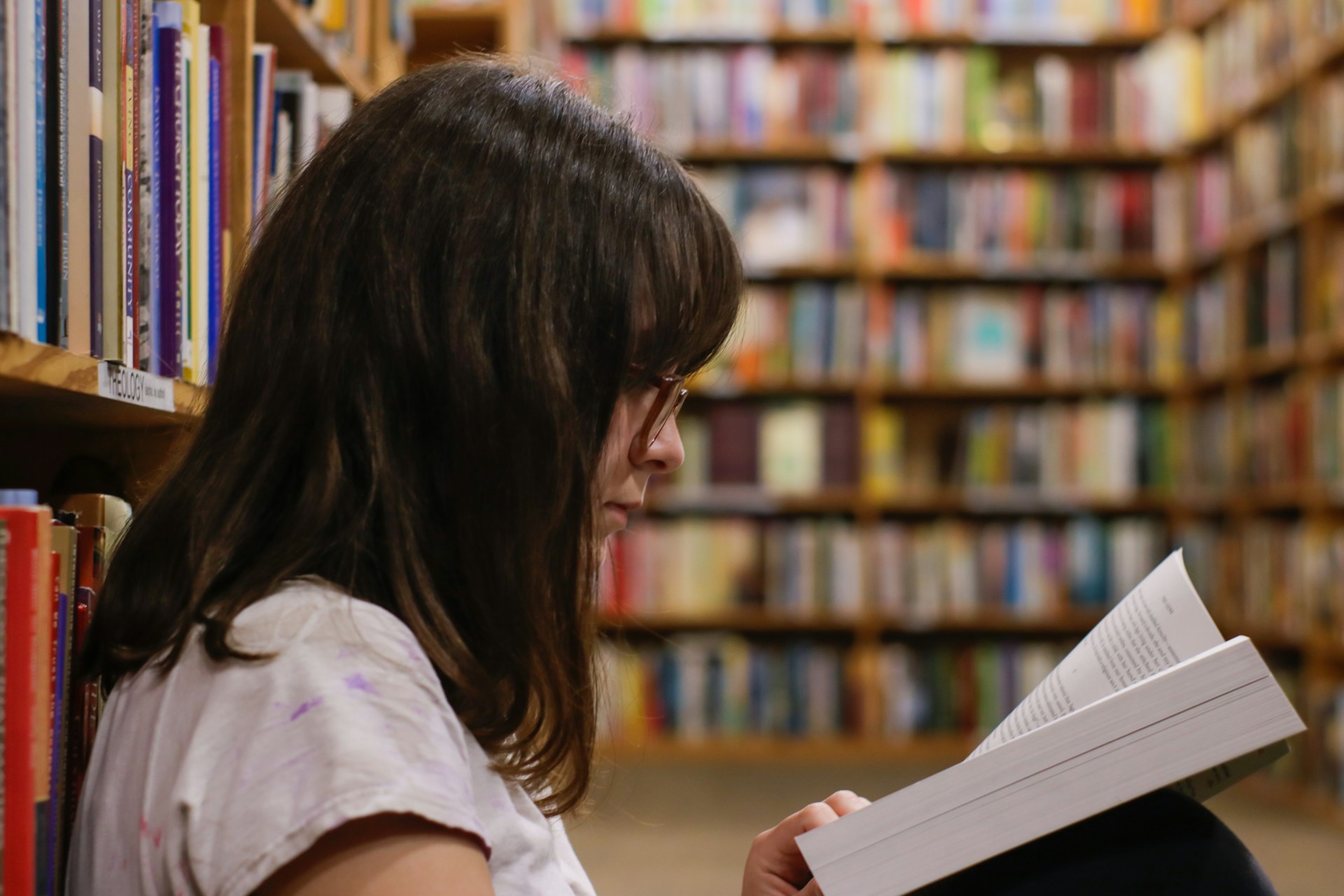New research to examine the literary canon in Sweden
A literary canon has become a major topic of debate in Sweden following the introduction of the Tidö Agreement, which proposes introducing a state-sanctioned literary or cultural canon for schools. A new research project, involving researchers from Jönköping and Malmö, will now investigate how the canon is discussed and used in various contexts.

Photo: Eliott Reyna on Unsplash
A literary canon is a collection of works considered particularly significant for a culture or nation. The Tidö Agreement proposes the introduction of such a canon in Swedish schools, and has sparked a broad debate. Proponents highlight the canon as a foundation for education and cultural identity, while critics warn that it could be limiting and lead to exclusion.
The aim of the research is to understand how different stakeholders – from politicians to teachers – define and use the concept of a canon, as well as the values associated with it.
"This is the first major research project in decades to address and focus on the literary canon in Sweden. We also have a unique opportunity to closely follow, in real time, how a state-sanctioned canon takes shape. Canon formation is usually a slow process spanning generations and centuries. That’s why it’s noteworthy that the reading lists recently published by the Swedish National Agency for Education largely feature newly written literature," says Ylva Lindberg, Professor of Education with a focus on language and literature didactics at the School of Education and Communication, Jönköping University.
New demands in today's society
The research project is divided into three work packages that highlight different aspects of the canon issue. The studies will, among other things, examine the role of the canon in educational policy documents, analyze the public debate in the media, and map key stakeholders and arguments. Additionally, questions about how the canon influences pedagogical practice will be explored through analyses of syllabi, reading lists, and interviews with teacher training educators.
The project also puts the Swedish debate on the canon in an international context. Similar issues have been debated in the United States and Europe, where canons are often linked to politically charged topics such as "cancel culture" and identity politics. Historically, the canon has been used as a tool to further national pride and for education purposes, but today's global and multicultural society places new demands on the selection of literature.
"An example of the changing selection of school reading materials is the introduction of world literature in literature education during the 2000s," Ylva Lindberg explains.
Provide a deeper understanding
The project is expected to provide a deeper understanding of how the canon is used and discussed in Sweden. By studying both political and pedagogical dimensions, the researchers hope to shed light on the mechanisms that influence which texts are selected and how they are used in education. The findings may offer insights into how the role of reading literature can evolve in contemporary and future contexts.
"With a focus on education, public debate, and politics, the project offers a broad perspective on the function of the literary canon in Swedish society. The research results may contribute to a better understanding of how culture, education, and politics interact in today's Sweden," says Magnus Persson, Professor of Literature with a didactic focus at Malmö University.
Facts
The project, “The Literary Canon in Sweden – Consensus and Conflict in Educational Policy, Public Debate, and Pedagogical Practice,” has been awarded more than 5.8 million SEK in funding from the Swedish Research Council and will run from 2025 to 2028. The participating researchers are Magnus Persson, Professor of Literature with a didactic focus at Malmö University, and Ylva Lindberg, Professor of Education with a focus on language and literature didactics at Jönköping University.
